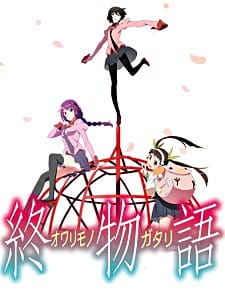
Owarimonogatari 2nd Season
Summary: Following an encounter with oddity specialist Izuko Gaen, third-year high school student Koyomi Araragi wakes up in a strange, deserted void only to be greeted by a joyfully familiar face in an alarmingly unfamiliar place.
Araragi, with the help of his girlfriend Hitagi Senjougahara, maneuvers through the webs of his past and the perplexities of the present in search of answers. However, fate once again delivers him to the eccentric transfer student Ougi Oshino, who brings forth an unexpected proposal that may unearth the very foundation to which he is anchored. As Araragi peels back the layers of mystery surrounding an apparition, he discovers a truth not meant to be revealed.
[Written by MAL Rewrite]
Description
Following an encounter with oddity specialist Izuko Gaen, third-year high school student Koyomi Araragi wakes up in a strange, deserted void only to be greeted by a joyfully familiar face in an alarmingly unfamiliar place.
Araragi, with the help of his girlfriend Hitagi Senjougahara, maneuvers through the webs of his past and the perplexities of the present in search of answers. However, fate once again delivers him to the eccentric transfer student Ougi Oshino, who brings forth an unexpected proposal that may unearth the very foundation to which he is anchored. As Araragi peels back the layers of mystery surrounding an apparition, he discovers a truth not meant to be revealed.
[Written by MAL Rewrite]
Owarimonogatari 2nd Season Trailers
Owarimonogatari 2nd Season Pictures
Owarimonogatari 2nd Season Review
Owarimonogatari 2nd Season — Following an encounter with oddity specialist Izuko Gaen, third-year high school student Koyomi Araragi wakes up in a strange, deserted void only to be greeted by a joyfully familiar face in an alarmingly unfamiliar place. This overview is intentionally spoiler-free and focuses on tone and intent rather than plot specifics.
Thematically, It sits firmly within Comedy, Mystery, Supernatural conventions as a TV Special work and has garnered attention (MAL score: 8.86). This work explores character dynamics, tonal shifts, and the interplay between narrative ambition and execution. The story's pacing and tonal choices are crafted to complement the central ideas, often emphasizing atmosphere and emotional truth over explicit exposition. The show's ability to evoke a consistent mood — whether melancholic, exuberant, or contemplative — is a recurring strength, and the scenes are constructed so viewers can infer stakes without needing explicit spoilers.
Characterization is a core pillar here. Protagonists and supporting figures are written with distinct motivations and narrative roles; even when archetypal, the series invests in small behavioral details that make choices feel earned. Character arcs are handled with an eye for gradualism: development often arrives through incremental beats rather than abrupt, expository shifts. The interactions between characters create texture, and relationships are used to illuminate both personal flaws and larger thematic concerns.
On the visual front, production values play a significant role. The animation quality varies by sequence but frequently showcases thoughtful direction and composition. Background art, framing, and color palettes are used deliberately to support tone — quieter scenes favor muted palettes while action or heightened emotional beats employ brighter, more kinetic visuals. Direction choices, such as camera movement and shot selection, often elevate scenes beyond their raw script, creating moments that linger in the viewer's mind.
The soundscape — score, incidental music, and sound design — complements the visual language. Music cues are placed to maximize emotional resonance without manipulating the audience with melodrama; this restraint often leads to more authentic emotional payoff. Sound design punctuates key moments, and when the series leans on silence, those quieter moments are given weight by measured audio choices.
Pacing and structure are handled with craft. Episodes are arranged to build tension and release methodically, and the narrative rarely rushes through important emotional beats. That said, the deliberate pacing may feel slow to viewers who prefer faster plot turnover; the reward is greater nuance and an accumulation of meaning across the series. Accessibility is generally good — one can appreciate surface-level pleasures, while repeat or attentive viewing reveals additional layers.
No title is without flaws. Occasional unevenness in subplots or variable animation across episodes can be distracting. Some tonal shifts might feel abrupt if you expect uniformity; others will argue that those shifts are purposeful. These are worth noting, but they seldom undercut the larger achievements of the work.
In sum, Owarimonogatari 2nd Season offers a rich experience for viewers who value character-driven storytelling, considered visual design, and a soundtrack that supports rather than overwhelms. For fans of Comedy, Mystery, Supernatural, this is an especially rewarding watch. It's recommended for those who appreciate layered narratives and artistry in animation, and best approached with patience and attention to nuance.
Characters & Voice Actors

Araragi, Koyomi
Main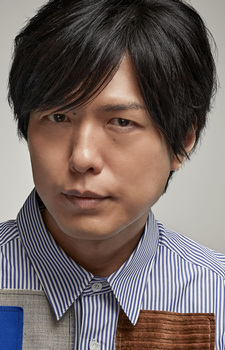
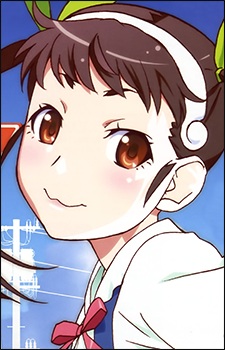
Hachikuji, Mayoi
Main

Oshino, Ougi
Main

Senjougahara, Hitagi
Main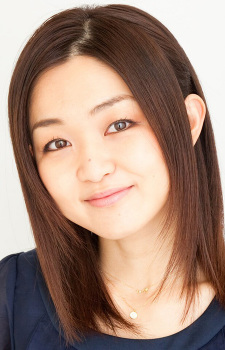

Araragi, Tsukihi
Supporting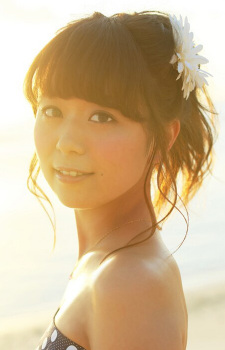

Araragi, Karen
Supporting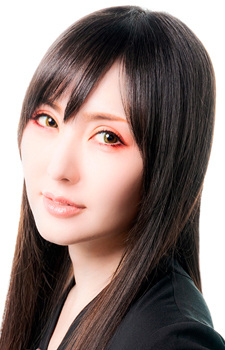

Episode
Supporting
Gaen, Izuko
Supporting

Hanekawa, Tsubasa
Supporting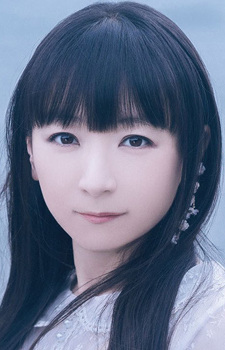

Kagenui, Yozuru
Supporting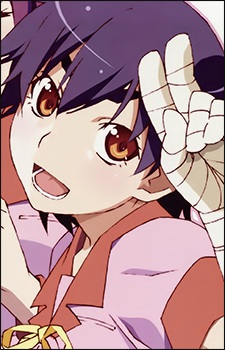
Kanbaru, Suruga
Supporting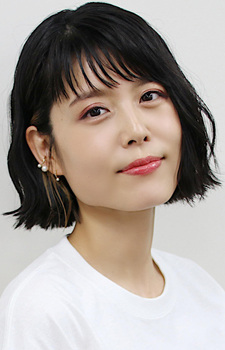

Ononoki, Yotsugi
Supporting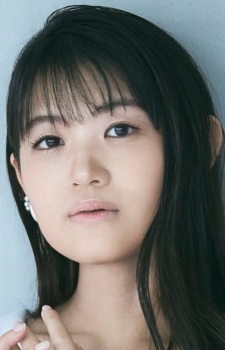

Oshino, Meme
Supporting

Oshino, Shinobu
Supporting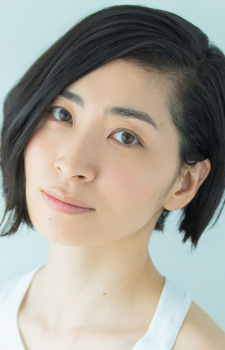
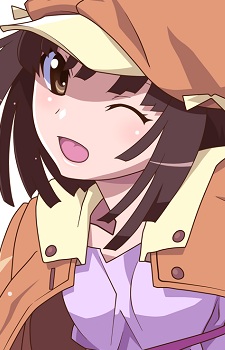
Sengoku, Nadeko
Supporting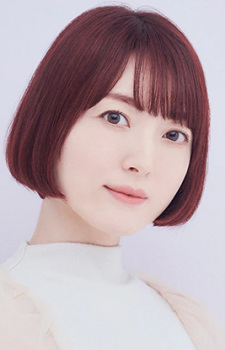

Teori, Tadatsuru
Supporting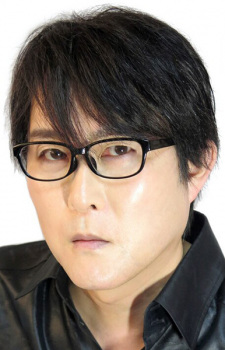
Staff
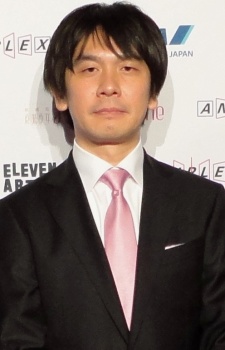
Iwakami, Atsuhiro
Producer

Kubota, Mitsutoshi
Producer

Matsushita, Takuya
Producer

Itamura, Tomoyuki
Director, Episode Director, Storyboard

Shinbou, Akiyuki
Director, Series Composition

Tsuruoka, Youta
Sound Director

Miyanishi, Tetsuya
Episode Director

Nakano, Akiko
Episode Director, Animation Director, Key Animation

Suzuki, Takuma
Episode Director

URA
Episode Director, Storyboard

Kizawa, Yukito
Script

Nakamoto, Muneo
Script

Stocker, Kevin
Script

Ajiki, Kei
Storyboard, Key Animation

Hiramuki, Tomoko
Storyboard

Kazui, Hiroko
Storyboard

Oishi, Mie
Storyboard
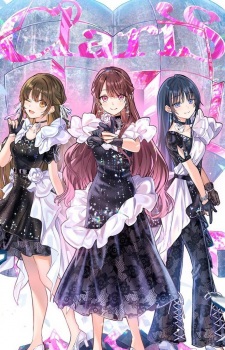
ClariS
Theme Song Performance

Katou, Emiri
Theme Song Performance

Mito
Theme Song Composition, Theme Song Arrangement